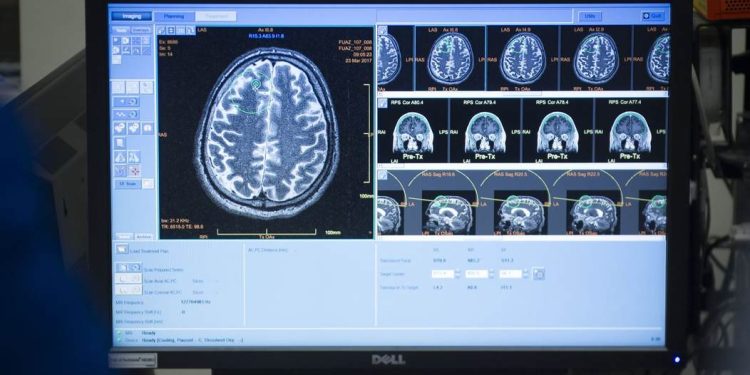An interesting new study was released this week about physical differences in the brains of people on opposite sides of the political aisle The study was actually an attempt to replicate an earlier study published in 2011.
The issue of whether political ideology could be seen in the brain was first raised in 2011, when Colin Firth, the actor, guest-edited BBC’s Today programme, and invited University College London (UCL) to scan the brains of Conservative politician Alan Duncan, and Labour’s Stephen Pound.
Pound’s scan revealed a thicker anterior cingulate cortex – an area that regulates attention, inhibitory control, error monitoring, and motivation – while Duncan’s was thinner. Both MPs recorded similar densities for the amygdala.
At the same time, UCL also tested 90 university students and found that the gray matter of the anterior cingulate cortex was significantly thicker amongst those who described themselves as liberal, or left-wing, while the amygdala was larger in those who regarded themselves as conservative or right-wing.
That made a lot of headlines at the time but that fact that only 90 subjects were involved led some experts to question the reliability of the results. In fact, the authors of the new, much larger study went into it not expecting any of the previous results to hold up. They were surprised.
“It was really a surprise that we replicated the amygdala finding,” said first author Diamantis Petropoulos Petalas in a statement, referring to a 2011 study that was widely shared after concluding that there could be a link between brain structure and political affiliation. “Quite honestly, we did not expect to replicate any of these findings.”
So what did they find? Well, one part of the earlier study dealing with the amygdala did hold up but with a much weaker level than in the 2011 study.
[…]
— Read More: hotair.com




